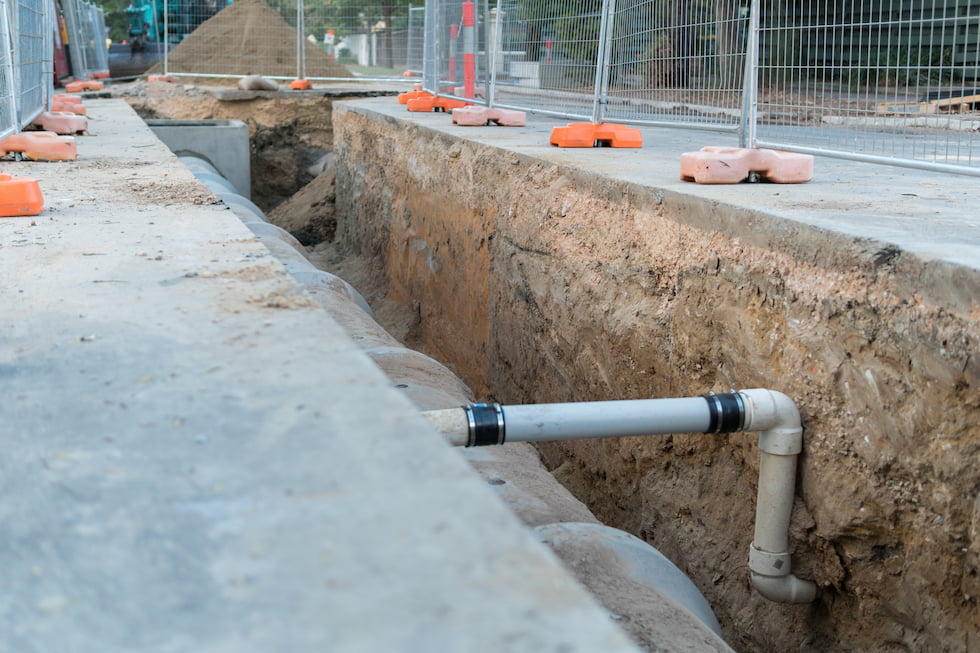
Uncertainty prevails.
Anyone listening to Tom Decker’s presentation during the Virtual Market Outlook Workshop last week probably walked away from their computers with those two words ringing in their ears.
The good news is the water/wastewater industry is still expected to see growth in 2020, according to Decker, a market strategist and business development expert with 40 years in the water/wastewater industry. In an economic downturn, this industry experiences a lag time of usually 12 to 18 months. While the overall economy is not getting better right now, the need for water/wastewater is solid, but a number of financial factors will affect the forecast, he explained during the event, which was hosted by the Valve Manufacturers Association and the Hydraulic Institute.
Those financial factors include the possibility of increased infrastructure spending from Congress; economic relief for cities from the federal level; the prevalence of utility rate increases; the stability of the municipal bond market; funding of the state revolving fund and the Water Infrastructure Finance and Innovation Act; and cuts in capital expenses and operational expenses. Decker said you also have to look at whether consulting engineers are staying busy, and how the landscape could change after the Nov. 3 elections.
While all of these factors will ultimately affect the growth predictions of the water/wastewater industry, Decker focused a lot of time during his presentation on explaining the importance of increased infrastructure spending.
The big question is, he said: “Will there be a massive infrastructure spending bill?”
In January, the House Democrats proposed $760 billion over five years, which included $75 billion for water/wastewater. “It didn’t go anywhere,” Decker said.
And, while Trump made infrastructure investment one of his campaign promises, so far he hasn’t followed through with any funding, Decker said.
The Moving Forward Act, a bill put out by House Democrats with $1.5 trillion for infrastructure, also includes $65 billion for state revolving funds, Decker said. However, he added, “the Senate hasn’t been inclined to do much.
“The place where it stalls out is the Senate.”
As for the economic relief bill: “I’m doubtful there will be much for infrastructure in there,” Decker said. “We’re really looking at 2021 or beyond for a major infrastructure bill.”

